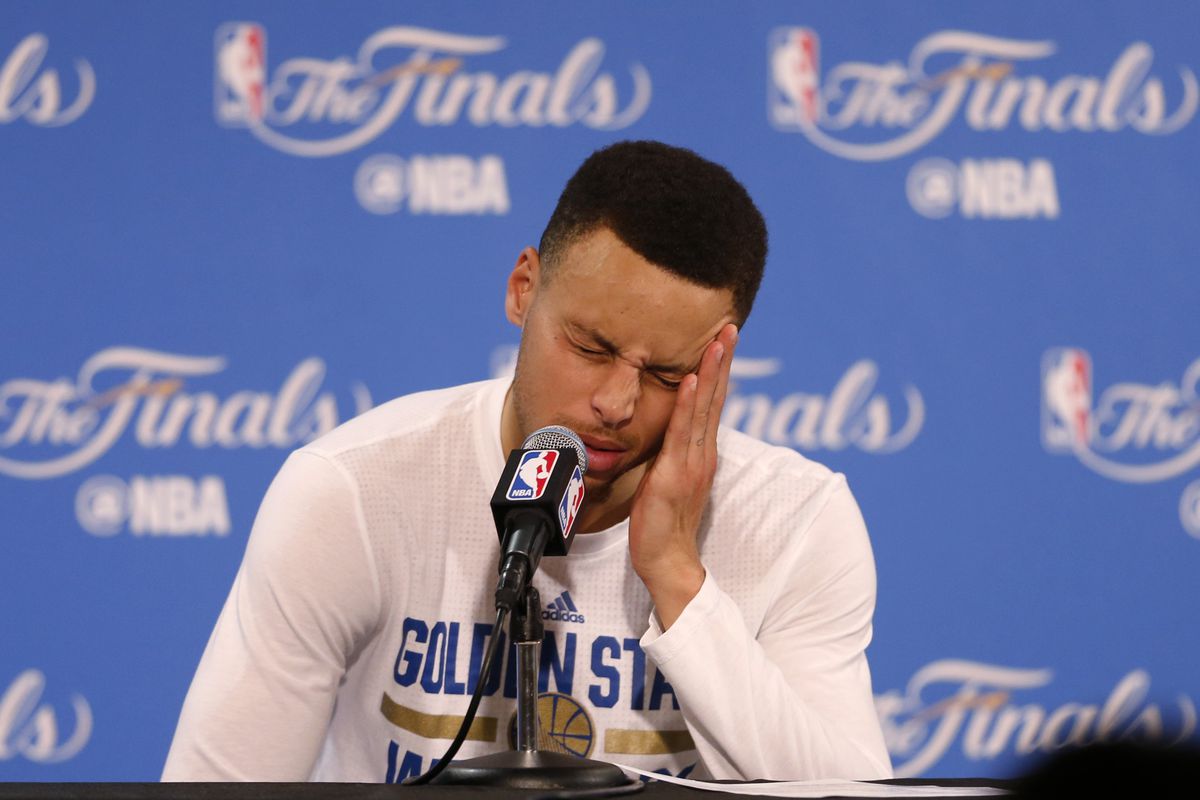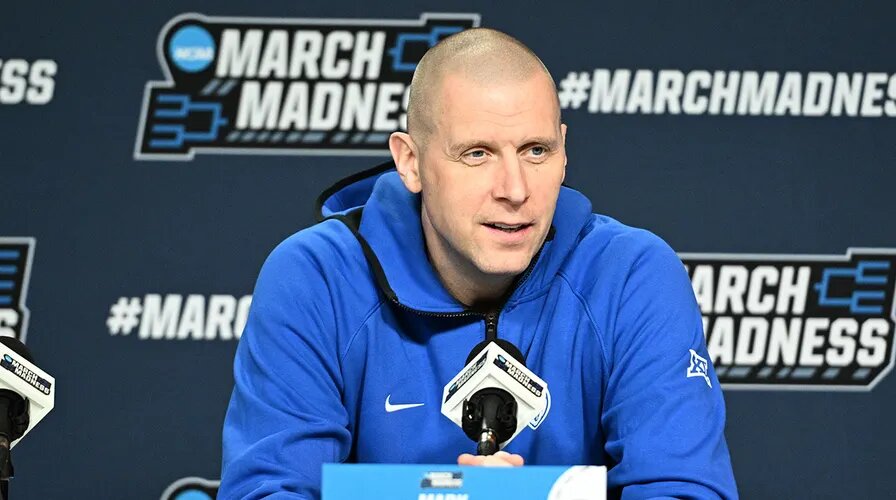Unbelievable As the greatest….. see details
There are moments in history when an individual, an idea, or an achievement rises so far above the ordinary that it becomes not just exceptional but unbelievable. To be “unbelievable as the greatest” is not merely to hold a title or break a record—it is to redefine the boundaries of what’s possible. It is to live, act, or create in such a profound way that future generations stop and ask: How did they do that? Was this even real?
This phrase—unbelievable as the greatest—captures a rare intersection of awe, excellence, and impact. Greatness alone can be measured. We see it in statistics, in awards, in the reverence of peers. But unbelievability transcends the measurable. It lives in the realm of legend. It echoes through time in gasps of disbelief and admiration.
Greatness Is Not Just Success
Many achieve success. Fewer achieve greatness. Fewer still become unbelievably great. Why? Because greatness requires sacrifice. It demands consistency. It demands vision in times of doubt, courage in moments of fear, and humility in the face of admiration.
Think of Muhammad Ali, who boldly declared himself “The Greatest”—and then backed it up, not just with championship belts but with a life of principle. He was unbelievable not just because he floated like a butterfly and stung like a bee, but because he stood up for what he believed in when it cost him everything. His greatness wasn’t just physical—it was moral, cultural, and spiritual.
Or consider Marie Curie, the first woman to win a Nobel Prize—and the only person to win in two different sciences. Her accomplishments in chemistry and physics would be impressive in any context, but in a world that dismissed the contributions of women, they were staggering. Unbelievable.
When Talent Meets Purpose
At the heart of unbelievable greatness lies purpose. Talent can take someone far. But talent fueled by purpose? That creates legends. When Steve Jobs returned to Apple and turned it into the world’s most valuable company, it wasn’t just business acumen—it was a relentless pursuit of elegant, human-centered design. His vision reshaped industries, influenced culture, and touched billions.
Jobs didn’t invent the smartphone, nor the computer, nor even the MP3 player. But he reinvented how we experience them. That’s what greatness does: it changes how the world interacts with the ordinary. And when it’s done on such a massive scale, we stop and say, This is unbelievable.
The Unseen Struggles Behind the Greatness
What we often miss in the stories of unbelievable greatness is the darkness behind the light. The private failures, the isolation, the pressure. We glorify the results, but we rarely glimpse the toll.
Michael Jordan is widely considered the greatest basketball player of all time. But his story includes being cut from his high school team, playing through grief after the death of his father, and enduring a level of competitiveness that sometimes pushed people away. His greatness wasn’t effortless—it was carved out of obsession, discipline, and an insatiable hunger to be the best.
Unbelievable greatness is lonely. It is misunderstood. Because by definition, it exceeds belief. The crowd cheers the wins but can’t always grasp the weight.
A Moment That Changes Everything
Sometimes, greatness is a moment. A singular, breathtaking act. A leap into the impossible.
In 1969, when Neil Armstrong stepped onto the moon and said, “That’s one small step for a man, one giant leap for mankind,” the world was suspended in awe. It was unbelievable—not just because of the feat, but because it spoke to something deeper: the capacity of human beings to dream, and then to make that dream real.
That moment wasn’t just American. It was planetary. And Armstrong’s calm, steady voice became the sound of collective disbelief turned into unity and pride.
The Power of Story
We remember unbelievable greatness because of stories. We pass them down. We celebrate them in film, books, and classrooms. But it’s not just for nostalgia. It’s because these stories become mirrors—and maps. They show us what’s possible and invite us to participate.
When Malala Yousafzai, after surviving an assassination attempt for advocating girls’ education, went on to win the Nobel Peace Prize at age 17, her story didn’t just inspire—it challenged the world. Her youth, her bravery, her clarity—it was hard to believe. Yet it was real.
Her story is now told across continents—not because she wanted fame, but because she chose purpose. That’s the kind of greatness that outlives headlines.
What It Means for Us
The idea of being “unbelievable as the greatest” shouldn’t be intimidating. It should be inviting. It’s not about becoming world-famous. It’s about committing to excellence so thoroughly in your own space—your craft, your calling, your cause—that others can’t help but take notice.
It’s the teacher who changes lives every year in a quiet classroom. The entrepreneur who takes a risk that creates jobs for a community. The parent who sacrifices silently and fully for their children’s future.
Unbelievable greatness is not always public. But it is always real.
In the End
So what does it take to be “unbelievable as the greatest”? Perhaps it starts with the willingness to believe in yourself before the world does. To push farther than what seems realistic. To turn obstacles into origin stories. And above all, to serve something greater than ego: a purpose, a people, a principle.
History may record greatness. But only time reveals what was unbelievable—what seemed too daring, too bold, too visionary to be real… and yet was.
As you read these words, consider this: maybe the next story of unbelievable greatness is not in a history book or a documentary. Maybe it’s in motion right now. Maybe it’s you.Would you like this revised for a particular context (like motivational speech, brand story, or school essay)?


